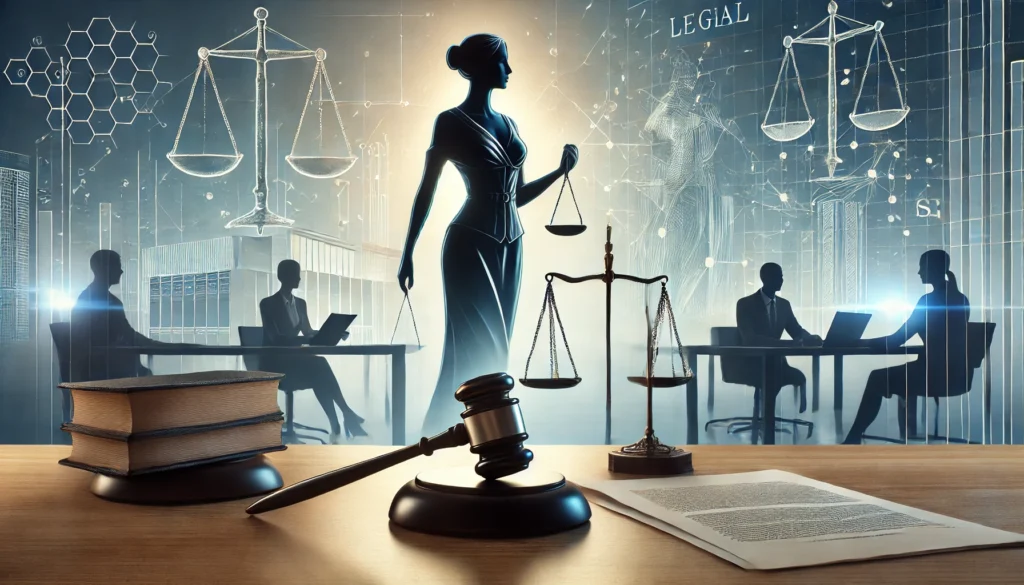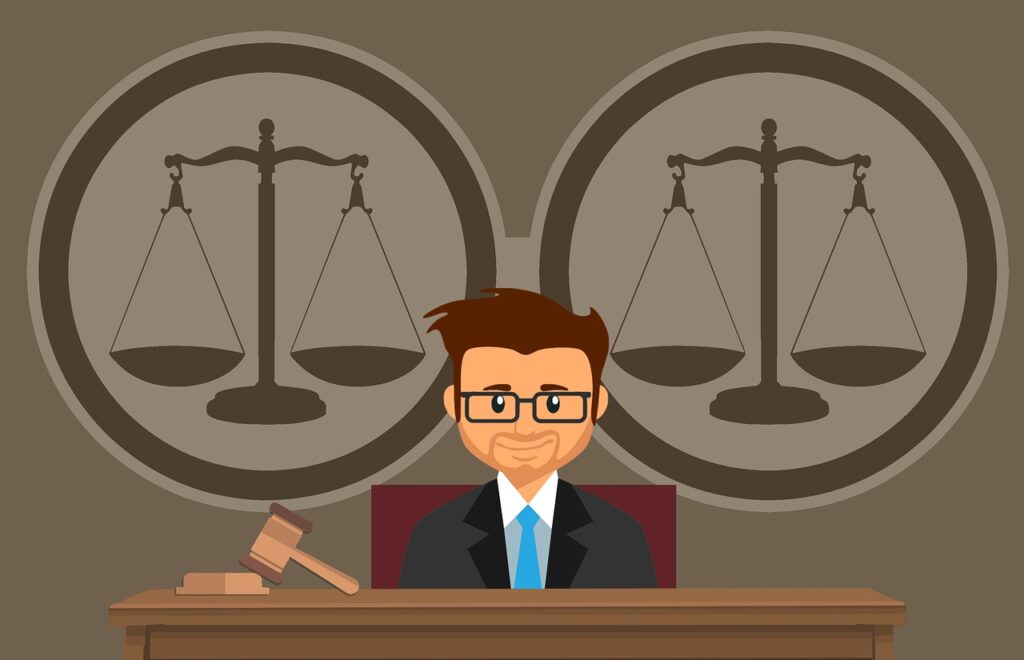Published On: 15th March, 2024
Authored By: Akshita Singh
University of Allahabad
FACTS
According to the facts of the case, appellant Selvi’s daughter married a man from a different caste against her family’s wishes. In 2004, the man was brutally killed by Selvi and two other people, who became the prime suspect in the murder. In this case, the prosecution requested brain mapping and polygraphy examination of all three accused and received the authorization from court regarding the same. The result of these tests showed the deception, the prosecution requested to perform the narcoanalysis on the three individuals which was approved by the magistrate. It was then challenged in the Karnataka High Court which was later on denied. The appellant then approached the Supreme Court. The first appeal was filed by the appellant in 2004. Subsequently, they filed the appeal in 2005, 2006, 2007, and 2010, which was collectively taken up through a Special Leave Petition on 5th May 2010. The main contention of the accused was to undergo the neuroscientific investigative techniques without obtaining consent.[1]
ISSUE RAISED
Several constitutional and legal issue was raised, primarily revolving around the admissibility of evidence through certain scientific techniques without the consent of the accused. The key issues include:
- The primary constitutional issue was whether subjecting an individual to narco-analysis, brain-mapping, and polygraph tests without their consent violated their right against self-incrimination as enshrined in Article 20(3) of the Indian Constitution. This article protects individuals from being compelled to be witnesses against themselves[2].
- The case also raised questions about the violation of the right to life and personal liberty guaranteed under Article 21 of the Constitution. The court had to consider whether the involuntary administration of these tests amounted to an infringement of the accused person’s fundamental rights.
- The court examined the voluntariness of confessions obtained through these scientific techniques. It considered whether the use of such methods without the accused’s consent undermined the voluntariness of any statements or information obtained during the tests.
- The case delved into the reliability and validity of narco-analysis, brain-mapping, and polygraph tests. The court had to assess whether the results obtained from these techniques could be considered credible and admissible in criminal proceedings
- An important aspect of the case was the issue of informed consent. The court considered whether obtaining the consent of the accused to undergo these tests was necessary for the admissibility of the test results and whether such consent if given, should be voluntary and informed.
- The court had to strike a balance between the investigative needs of law enforcement and protecting the constitutional rights of the accused. It explored whether there could be situations where these tests could be conducted with safeguards in place to ensure fairness and respect for individual rights.
In the end, the Selvi case ruling by the Supreme Court stressed the significance of upholding people’s rights, especially their freedom from self-incrimination and their right to life and personal freedom, while taking into account the admissibility of evidence gathered using these scientific methods. The court’s decision has a big impact on how these techniques are used in Indian criminal investigations.
CONTENTION RAISED BY THE APPELLANT
The accused argued that subjecting them to narco-analysis, brain-mapping, and polygraph tests without their consent violated their fundamental right against self-incrimination, as guaranteed under Article 20(3) of the Indian Constitution. They contended that any involuntary statements or disclosures made during these tests should not be admissible as evidence.
The petitioner also contended that compulsory administration of these tests without their consent amounted to an infringement of their right to privacy and personal liberty, protected under Article 21 of the Constitution. They argued that the state’s actions were arbitrary and violated the principles of dignity and autonomy.
The accused also raised concerns about the reliability of the results obtained through narco-analysis, brain mapping, and polygraph tests. They argued that these techniques were not foolproof and could lead to erroneous conclusions. Additionally, they highlighted the absence of legal safeguards and procedural guidelines for conducting these tests. According to the petitioners, making individuals do these tests against their will was equivalent to pressuring them into testifying against their will. They contended that forced testimony of this kind ought not to be admitted into evidence in criminal trials.
CONTENTION RAISED BY THE RESPONDENT
The state argued that these scientific methods are necessary for law enforcement to obtain vital information from the suspects. It was also argued that these tests do not violate the right against self-incrimination and did not require the accused to provide written or spoken remarks, they did not breach the right against self-incrimination[3].
JUDGEMENT OF THE COURT
The court acknowledged the fact that narcoanalysis, brain mapping, and polygraphy tests are invasive procedures in themselves that may infringe on someone’s mental privacy. These tests are involuntary in nature so as to raise concern about the reliability of the information obtained. The Supreme Court ruled that the prohibition against self-incrimination found in Article 20(3) applies to criminal investigation as well. It was held that compulsory administration of neuroscientific techniques should be viewed as a clear violation of Article 20(3) of the accused. It is due to the fact, that the emphasis during the investigative techniques was on the veracity and the voluntariness of the statement made by the accused. Compelling the accused to undergo these tests without their consent is a violation of fundamental rights and any information, if forcibly extracted from an individual is unconstitutional. Article 20(3) read with Section 161(2) of the Code of Criminal Procedure, 1973, protects the accused persons, suspects as well as witnesses to be examined during the investigation. “Article 20(3) safeguards a person’s right to choose to speak or to keep quiet, regardless of whether the ensuing testimony turns out to be exculpatory or inculpatory.” The court ruled that the forced application of these procedures is an invasion of mental privacy and a violation of an individual’s fundamental human rights. It will subsequently violate the standard of substantive due process as given in Article 21.
The court recommended that a comprehensive legal framework be established to regulate the use of these tests, ensuring that they are conducted with the utmost care and respect for individual rights. It suggested that such a framework should include guidelines on the voluntary nature of consent, the presence of legal representatives, and the prohibition of any form of physical or mental coercion.
CRITICAL ANALYSIS
The decision is often praised for its robust protection of individual rights, particularly the right against self-incrimination[4]. By recognizing the invasive nature of narcoanalysis, brain mapping, and polygraph tests, the court underscored the need to safeguard personal autonomy and privacy during criminal investigations. The emphasis on voluntary consent as a prerequisite for the admissibility of evidence is seen as a crucial aspect of the judgment. This requirement ensures that individuals are not subjected to coercive measures and that any information obtained through these tests is genuinely voluntary[5]. Many critics have raised concerns about the reliability and scientific validity of these tests. The judgment acknowledged the caution in the application of these tests in recognizing the possibility of forced or untrustworthy statements. The court has recommended the creation of a legal framework to control the use of these tests. Nevertheless, the practical implementation might be difficult and the development of such a framework poses a challenge.
The judgment attempts to strike a balance between the investigative interests of the state and the protection of individual rights. While acknowledging the importance of effective criminal investigations, the court places constitutional limits on the methods that can be employed, especially when they infringe upon fundamental rights.[6]
The Selvi judgment has sparked ongoing debates on the use of emerging technologies in criminal investigations. Questions persist about the admissibility of evidence obtained through other advanced techniques and the need for continuous legal scrutiny to ensure that evolving technologies are consistent with constitutional principles.
CONCLUSION
In conclusion, the Selvi v. State of Karnataka (2010) judgment stands as a landmark decision in Indian jurisprudence, addressing the delicate balance between the investigative powers of the state and the protection of individual rights. The case centered around the admissibility of evidence obtained through narcoanalysis, brain mapping, and polygraph tests, ultimately leading to a critical examination of the right against self-incrimination and the right to privacy.
The Supreme Court’s decision in Selvi underscored the invasive nature of these tests and the potential for coercion, emphasizing the importance of voluntary consent to protect an individual’s autonomy and rights[7]. By categorizing the compulsory administration of such tests as a violation of the right against self-incrimination, the judgment affirmed the constitutional safeguards against arbitrary and intrusive investigative practices.
Selvi v. State of Karnataka, therefore, marks a significant milestone in shaping the legal landscape surrounding the use of scientific techniques in criminal investigations. The decision not only protected individual rights but also prompted broader discussions on the evolving intersection of technology, law, and fundamental rights. As legal systems grapple with the challenges posed by advancing forensic technologies, the principles laid down in Selvi continue to influence debates on the appropriate balance between state interests and individual liberties in the realm of criminal justice.
Reference(s):
[1] AIR 2010 SC 1974
[2]Saket Bhattacharya, Smt. Selvi v. State of Karnataka, 2010, Critical Analysis, Jindal Global Law School, 2017
[3] Disha Tulsyan, Constitutionality and Evidentiary Value of Scientific Crime Detection Tests, Supremo Amicus, Vol. 17 ISSN 2456-9704
[4] Dastagir v. State of Madras, AIR 1960 SC 756; RK Dalmia v. Delhi Administration, AIR 1962 SC 1821
[5] Nandani Satpathy v. P.L. Dani AIR (1978) 2 SCC 424
[6] R Rajagopal v. State of Tamil Nadu, AIR 1995 SC 264
[7] Ramchandra Ram Reddy v. State of Maharashtra, 2003




